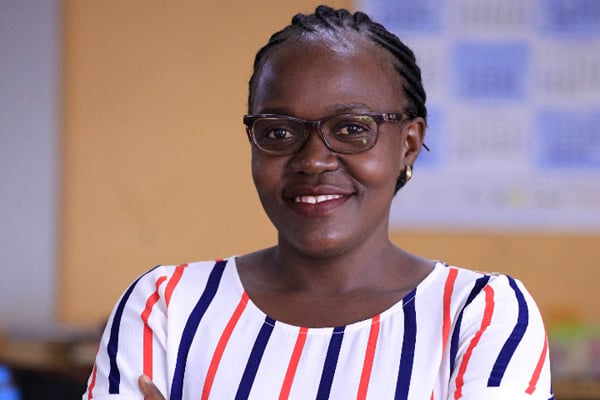Prime
Religious leaders petition court over closure of worship places

President Museveni in his last week’s televised address, eased restrictions on the second lockdown but places of worship were directed to remain closed for the next 60 days, urging religious leaders to continue conducting prayers virtually. PHOTO / FILE
Religious leaders have petitioned the High Court in Kampala seeking declarations that the closure of places of worship is an infringement on their constitutional right to religion.
The petitioners; Charis Fellowship and Imaam Bbale Muhammed, in their law suit filed yesterday, want court to issue a permanent order restraining government from further closure of places of worship.
The move is one of the measures aimed at reducing the spread of Covid-19.
Attorney General Kiryowa Kiwanuka, Health minister Dr Jane Ruth Aceng, and Dr Diana Atwine, the ministry’s Permanent Secretary, have been listed as respondents.
“A declaration that the recurrent closure, ban or suspension of places of worship by the respondents (government), is unjust, arbitrary, disproportionate, discriminatory, unjustifiable and constitute a violation of the applicants’ rights to practice, manifest, enjoy, profess, maintain and promote their religion,” the petitioners state.
Mr Wisdom Peter Katumba, the lead pastor of Charis Fellowship, in his affidavit said although he resorted to having services online as the President directed, they are only accessed by a handful of members who can afford data.
“It has become practically impossible to perform the fundamental tenets associated with the practice and manifestation of our faith such as congregational prayers and laying on of hands for the sick to receive healing,” Pastor Katumba said.
“As a result of the presidential directives, we are unable to gather and have fellowship together as is in the manner and custom of our Christian faith.”
Pastor Katumba added that the government has always placed stringent standard operating procedures (SOPs) against the places of worship on reopening such as banning Sunday school activities, restricting attendance by excluding children under the age of 12, and limiting the number of church attendees to only 70.
“Unlike other places, the SOPs sometimes totally ban or suspend or limit the maximum number of people that can access a place of worship at any given time without considering the capacity of each place of worship,” he said.
President Museveni in his last week’s televised address, eased restrictions on the second lockdown but places of worship were directed to remain closed for the next 60 days.
He advised the religious leaders to continue conducting prayers virtually with a minimum of 10 people allowed to lead service.



